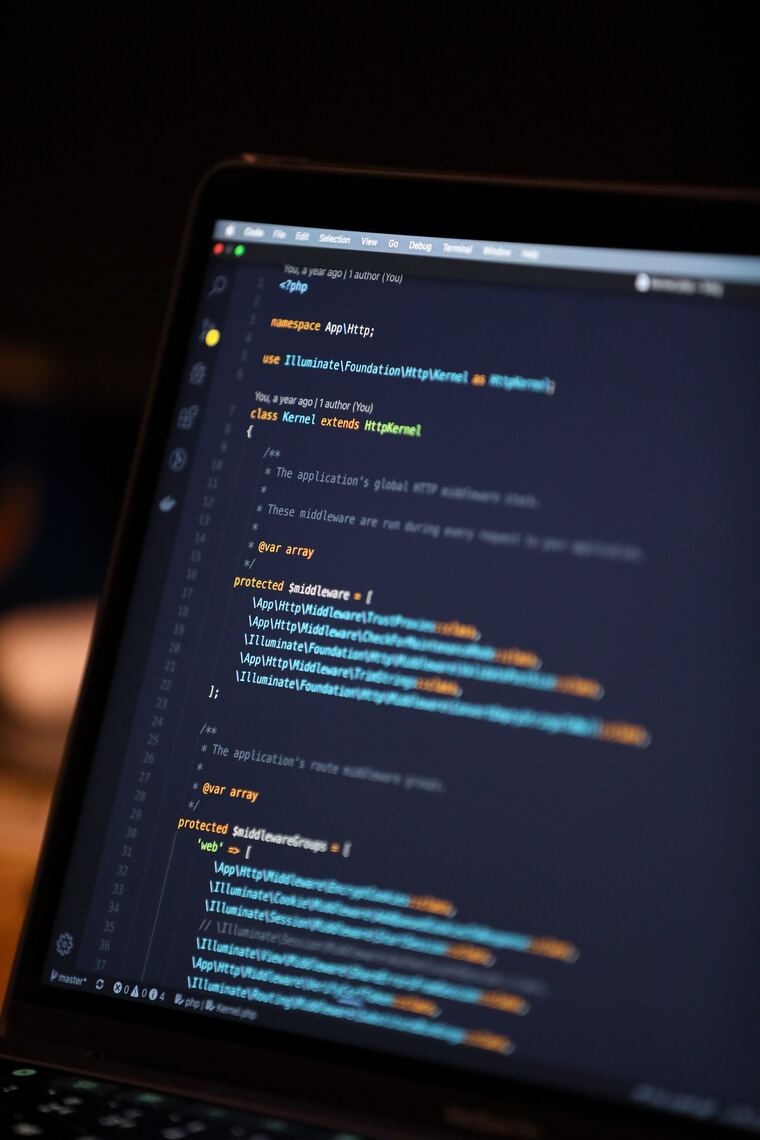Exception handling is the unsung hero of Laravel APIs, quietly working behind the scenes to ensure smooth sailing in your application. Picture this: you’re cruising along with your API development when suddenly, a wild error appears! That’s where exceptional exception handling comes into play, saving the day and keeping your API running like a well-oiled machine. So buckle up as we dive into the world of Exception Handling in Laravel APIs – it’s going to be a thrilling ride!
What is Exception Handling?
Exception handling is like having a safety net for your code, ready to catch any unexpected errors that may arise during execution. In simpler terms, it’s the process of managing and responding to errors in a way that prevents your application from crashing. When a potential issue crops up, instead of halting everything in its tracks, exception handling allows you to gracefully handle the error and keep things moving smoothly.
Think of it as having a backup plan in place – when something goes awry, exception handling steps in to save the day by providing alternative pathways or solutions. By implementing robust exception handling mechanisms, you can enhance the reliability and stability of your Laravel APIs significantly. It’s all about being proactive rather than reactive when it comes to tackling unforeseen hiccups in your codebase.
Why is Exception Handling important in Laravel APIs?
Exception handling is a crucial aspect of developing Laravel APIs. It allows developers to gracefully manage errors and unexpected situations that may arise during API requests. By implementing robust exception handling mechanisms, developers can ensure that their APIs provide meaningful error responses to clients, enhancing the overall user experience.
Proper exception handling in Laravel APIs helps in debugging and resolving issues efficiently. It enables developers to identify and address errors promptly, leading to faster troubleshooting and bug fixing. Additionally, well-handled exceptions improve the security of APIs by preventing sensitive information from being leaked inadvertently.
Exceptional handling plays a vital role in ensuring the reliability and stability of Laravel APIs. By anticipating potential errors and defining appropriate responses for them, developers can create more resilient and user-friendly API systems.
Types of Exceptions in Laravel
Exception handling in Laravel APIs involves dealing with different types of exceptions that can occur during the application’s execution.
One common type is the ModelNotFoundException, which occurs when a requested model cannot be found in the database. This type of exception is useful for handling scenarios where specific resources are not available.
Another type is ValidationException, triggered when validation rules fail on incoming requests. It helps ensure data integrity and adherence to defined validation rules before processing further actions.
The AuthenticationException comes into play when user authentication fails, requiring proper authorization to access certain endpoints or resources within the API.
The NotFoundHttpException handles cases where routes are not defined or do not exist within the application’s routing configuration.
By understanding these various exception types, developers can implement robust error-handling mechanisms to enhance the reliability and stability of their Laravel APIs.
How to Implement Exception Handling in Laravel APIs
Implementing exception handling in Laravel APIs is crucial for ensuring a smooth and error-free user experience. To start, you can create custom exceptions to handle specific errors that may arise during API operations. By defining these exceptions, you can provide more detailed and meaningful error messages to the users.
Utilize try-catch blocks in your code to catch any exceptions thrown during the execution of your API endpoints. This allows you to gracefully handle errors without crashing the entire application. Additionally, consider using Laravel’s built-in Exception Handler class to centralize and manage all exceptions efficiently.
Leverage Laravel’s logging capabilities to record any unexpected issues that occur within your APIs. Logging these errors will help you identify and troubleshoot problems quickly. Remember to always test your exception handling logic thoroughly to ensure it works as intended in various scenarios.
Best Practices for Exception Handling in Laravel
When it comes to handling exceptions in Laravel APIs, following best practices can make a significant difference in the reliability and maintainability of your code. One crucial aspect is to create custom exception classes for specific types of errors, allowing for better organization and clarity in your codebase.
It’s essential to utilize Laravel’s built-in exception handling mechanism effectively by leveraging features like the `render` method to customize error responses based on different scenarios. This helps ensure that users receive clear and informative error messages when issues arise.
Another important practice is to log exceptions appropriately using Laravel’s logging functionality. By logging detailed information about exceptions, you can facilitate troubleshooting and debugging processes more efficiently.
Implementing proper error response formats such as JSON or XML can enhance the user experience by providing structured and standardized error responses across your API endpoints.
Conclusion
Exception handling is a crucial aspect of developing Laravel APIs. By understanding the importance of exception handling, knowing the types of exceptions that can occur, and implementing best practices, you can create robust and reliable APIs that handle errors gracefully.
Remember to always prioritize user experience, security, and maintainability when dealing with exceptions in your Laravel applications. Embrace exception handling as an opportunity to enhance the quality of your APIs and provide a seamless experience for users interacting with your application.
